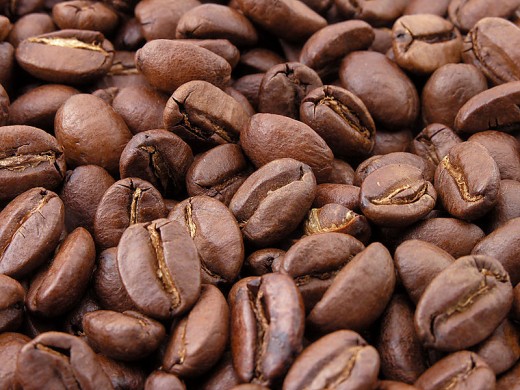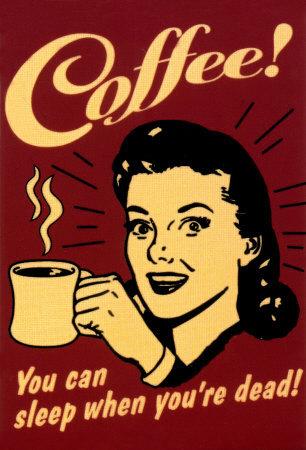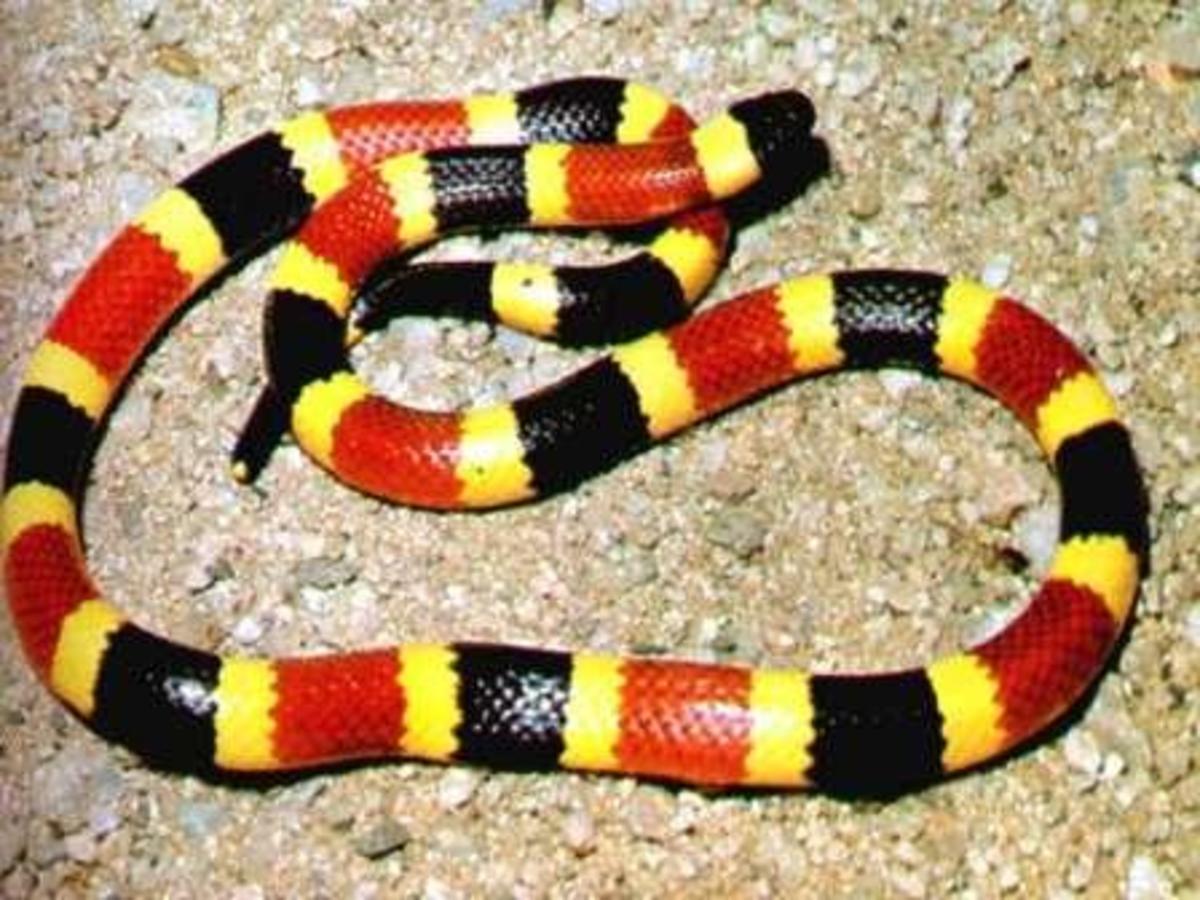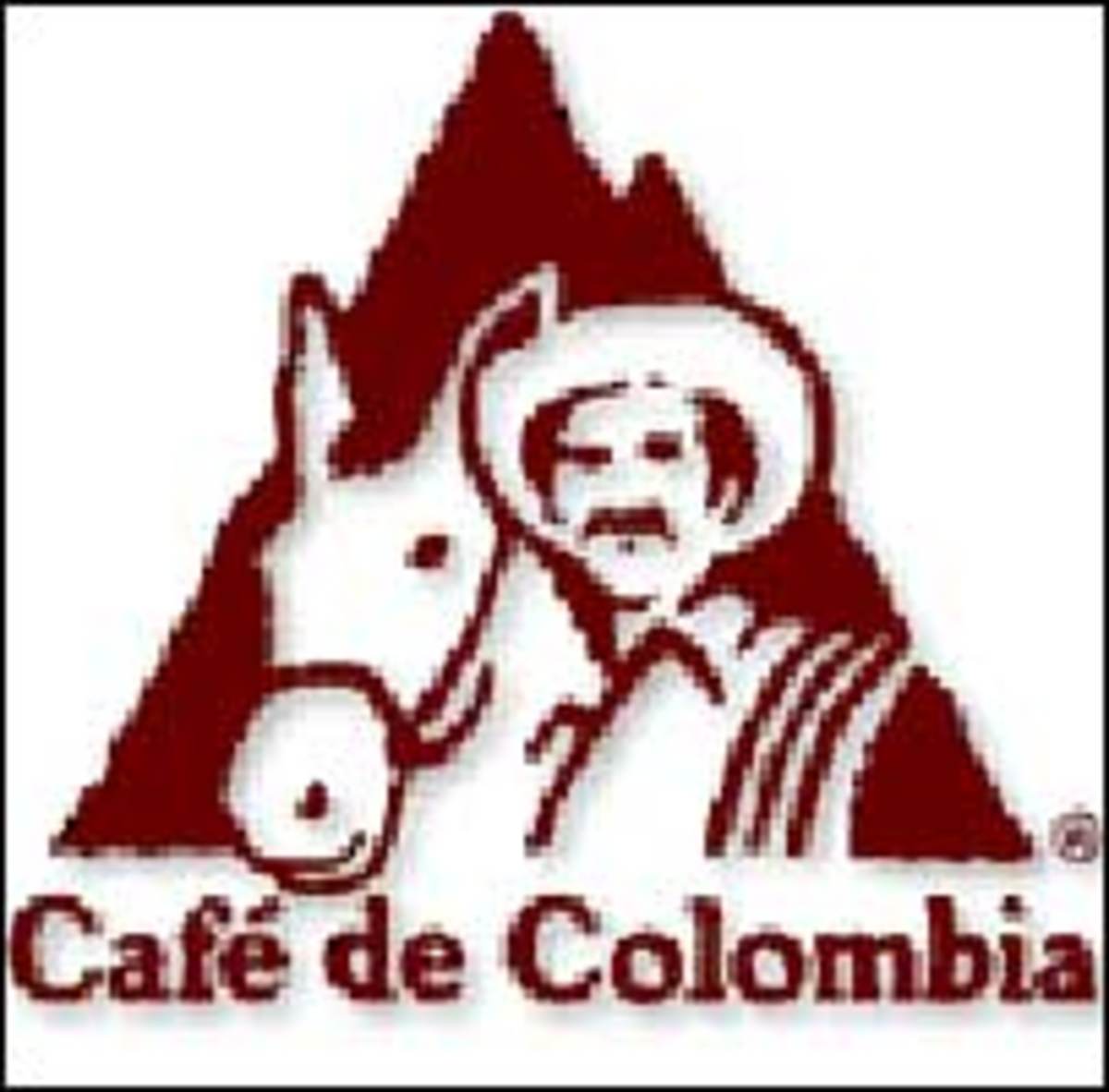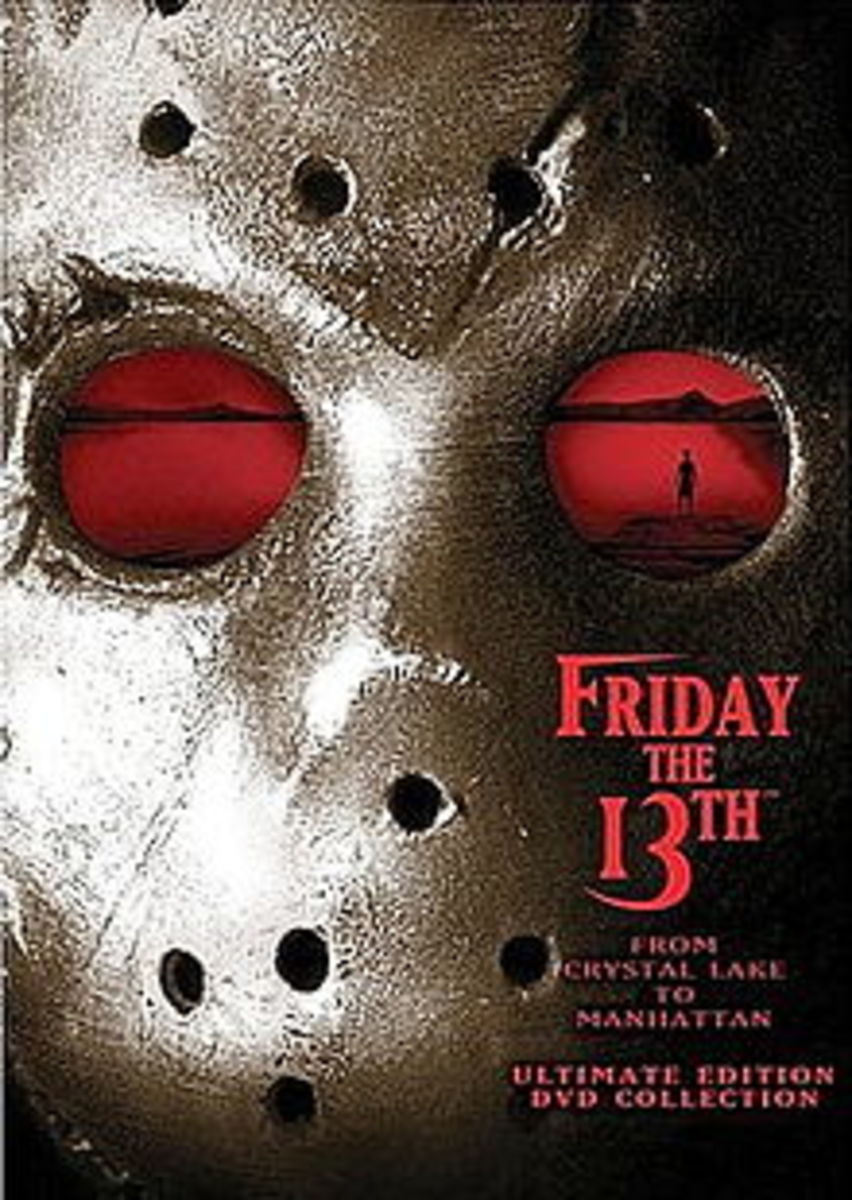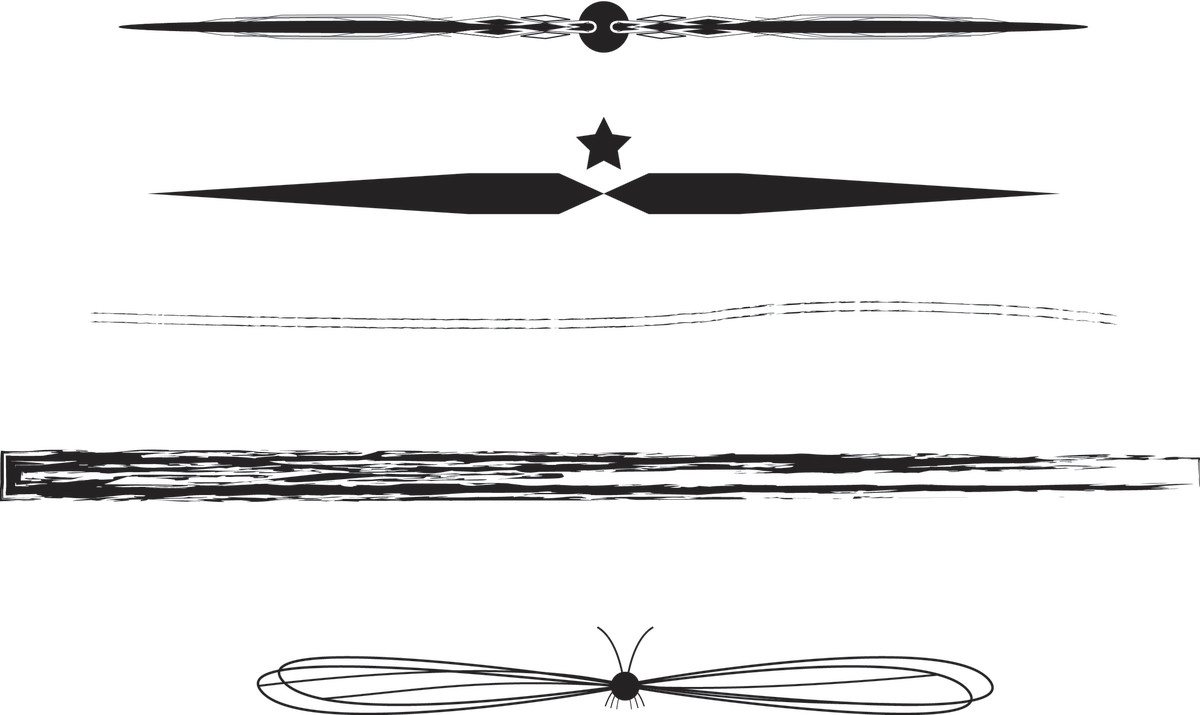Misconceptions of Coffee
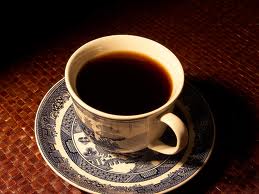


The Misunderstood Bean
Ah, coffee, that wonderful, brown elixir of the Gods. Many people do not partake of the substance, but to the many of us that do, it is hard to imagine a world without it. Many of us drink it without a thought about it; where it came from, the history of it, so on and so forth. There are many misconceptions associated with coffee. There are misconceptions as to the history and origins, what makes “gourmet” coffee gourmet, the amount of caffeine in “gourmet” coffees, and also what makes a “good” café or coffee house.
The actual origin of coffee is almost impossible to pinpoint. Legend has it that the Ethiopian goat herder, Kaldi, discovered the magic of the coffee bean. The myth contends that his goats began dancing around after nibbling on the bright red berries of a coffee tree. This prompted Kaldi to nibble on them also, giving him much exhilaration after his experiment. Not knowing what the beans were, he took them to a holy man in a nearby village, who upon disapproving of them, threw them in the fire. The aroma proved too much to resist, so they raked them from the fire, ground the burned beans and mixed them in hot water, thus producing the first cup of coffee. The earliest, reliable records of evidence involving the drink coffee, or knowledge of the coffee tree are from 15th century Yemen. Coffee made its way around the Middle East, Turkey and North Africa. It then spread through Europe through Italy and then made its way to the U.S.
Many people buy into the concept of “gourmet” coffee. There is no criterion that specifies gourmet coffee. In other words, any Tom, Dick, or Harry can roast some beans, package it and call it “gourmet”. If you want to get your money’s worth, one needs to purchase “specialty” coffee. Specialty coffee can only be labeled so if it is the top two percent of the bean crop. There are ways to get some good coffee without paying for specialty coffee, however. There are basically two kinds of coffee beans. There are Robusta and Arabica beans. Most of your canned coffees have a high percentage of Robusta beans, explaining the bitterness. Robusta beans are yielded yearly and are much cheaper to produce. Arabica trees, on the other hand, produce a yield only once every seven years. There is a lot less bitterness associated with Arabica beans. If you heap more coffee in the scoop when making coffee from Arabica beans, you are adding flavor and not bitterness. There are many regions that grow Arabica beans, each region having its own unique flavor. There is a lot of adventure to be had in finding a regional coffee that you prefer over another. If you can find regional coffees or any labeled 100% Arabica, then you can have some fine coffee without necessarily breaking the bank.
Dark roasted coffees have become popular because of a certain chain of coffee house. There are many out there that think they are getting more caffeine because they are drinking a darker coffee. This is not at all the case. If you want more “bang for your buck”, then go with canned coffees. Robusta beans have three times the caffeine that Arabica beans do. The darkness of the coffee has nothing to do with the amount of caffeine. A certain chain of coffee houses (that shall remain nameless) uses a technique of over roasting their beans in order to cover up the staleness. This is necessary due to national distribution. If you want a truly wonderful, fresh cup of coffee try to find a regional roaster. Unsaid coffee house chain does give you a better cup of coffee than any canned coffee, but a regional roaster is much better. Coffee loses its freshness within minutes of being ground, so a small investment in a grinder and buying whole bean coffee will insure you get fresh coffee every time.
What makes a good cup of coffee is entirely up to the individual. The point I am trying to make is that a certain coffee house does not necessarily yield a quality cup of coffee. As I said, what constitutes a good cup of coffee is what the drinker prefers, whether that is a dark or light coffee, canned or whole bean, cream and sugar or black, or if you want to buy your coffee brewed as opposed to brewing it yourself. There is a lot of fun one can have experimenting with the different regional coffees. The darkness of the roast usually depends usually on the region. For example, a Costa Rican coffee is usually light roasted, whereas a Sumatran coffee is usually very dark. One can experiment finding a coffee house and taking a “world tour”. If you love coffee as I do, it can be a lot of fun and a wonderful adventure.
